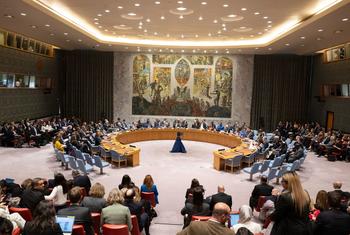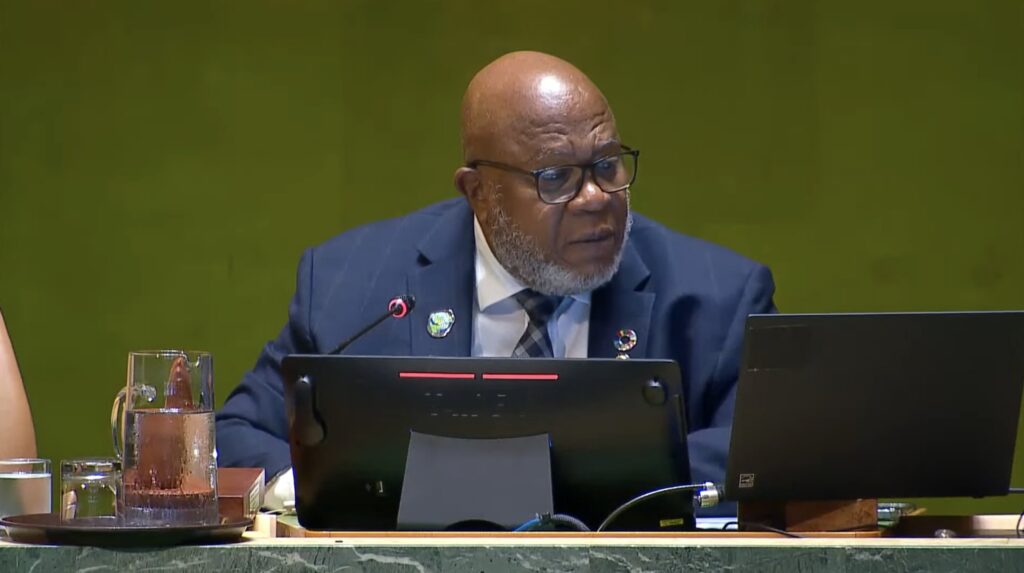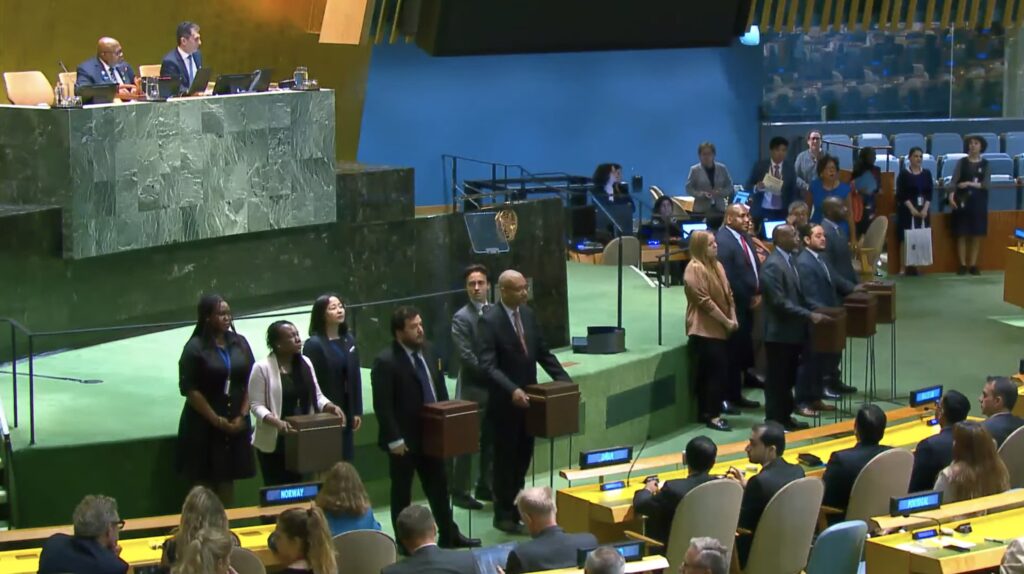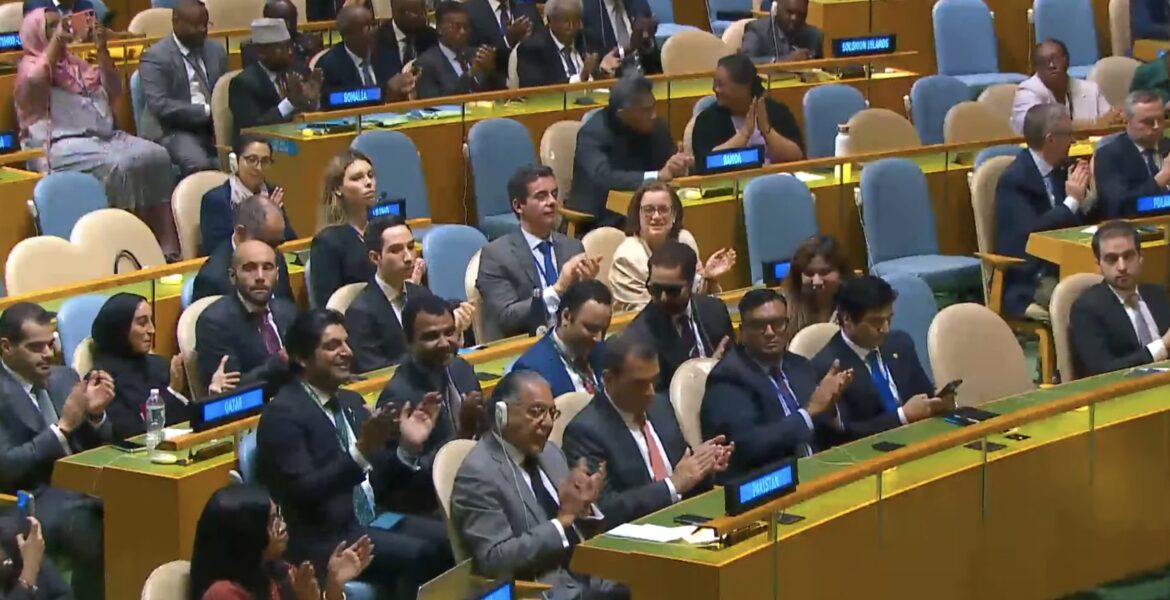The UN General Assembly today elected five new non-permanent members to the Security Council for two-year terms beginning on 1 January 2025:
- Pakistan 🇵🇰
- Somalia 🇸🇴
- Panama 🇵🇦
- Denmark 🇩🇰
- Greece 🇬🇷
These nations will replace the outgoing members: Ecuador, Japan, Malta, Mozambique, and Switzerland, whose terms conclude on 31 December 2024.
The new members secured the necessary two-thirds majority vote in the 193-member General Assembly through a secret ballot. They will join the existing non-permanent members: Algeria, Guyana, the Republic of Korea, Sierra Leone, and Slovenia, whose terms commenced on 1 January 2023.
The Security Council's five permanent members, each holding veto power, remain unchanged: China, France, Russia, the United Kingdom, and the United States.



Uncontested Election Reflects Regional Endorsement
The election was largely uncontested, with each newly elected member having received the endorsement of their respective regional group. This year's election saw candidates vying for five seats across three regional groups:
- African and Asia-Pacific Group (two seats): Pakistan and Somalia were elected.
- Latin America and the Caribbean Group (one seat): Panama was elected.
- Western European and other States Group (two seats): Denmark and Greece were elected.
Vote Tally Demonstrates Overwhelming Support
A total of 190 Member States participated in the single-round election. The vote tally reflects the strong support for the newly elected members:
- Pakistan: 182 votes
- Somalia: 179 votes
- Panama: 183 votes
- Denmark: 184 votes
- Greece: 182 votes
Upholding International Peace and Security
As outlined in the UN Charter, the 15-member Security Council bears the primary responsibility for maintaining international peace and security. All UN Member States are obligated to comply with the Council's decisions. The newly elected members will play a crucial role in addressing global challenges and shaping the international community's response to crises over their two-year term.


